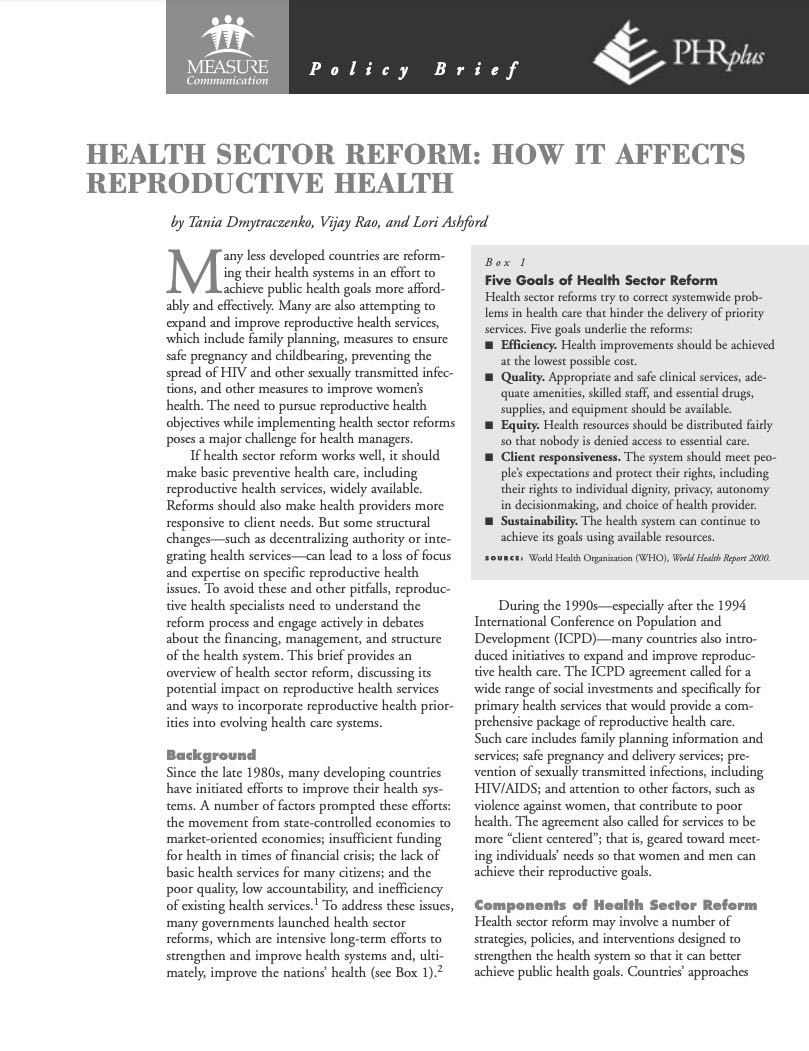497 Search Results Found For : " ʸī rqc912.top Ʈ 继īƮ Time slot ¶īƢ ػ罺 Ȧ PC ī Ȳ"

Changing Race and Ethnicity Questions on the U.S. Census Form Reflect Evolving Views
Census questions about race and ethnicity have evolved over time, as have Americans’ views about racial and ethnic identification.
New Estimates Reassess Progress Toward Reducing Maternal and Under-5 Mortality
(2010) In April 2010, the Institute for Health Metrics and Evaluation (IMHE), a research center at the University of Washington, released estimates showing unexpected declines in global maternal mortality compared with previous UN estimates.

Report. Health Sector Reform: How It Affects Reproductive Health
PRB Discuss Online: A Call to Action: Increasing Global Investments in Youth
(2010) With almost half of the world's population under age 25, investments in young people are vital to improve economic and social outcomes and achieve the Millennium Development Goals (MDGs).

Demography and Economics of Aging and Alzheimer’s Disease
PRB summarizes recent research supported by the National Institute on Aging (NIA) of the National Institutes of Health, highlighting its implications for individuals and society.
The Importance of Adolescence
(2014) Recognizing the significance of young people for the growth and well-being of the global population, UNFPA has declared "Investing in Young People" the theme of World Population Day 2014. As the size of the global youth population—already larger than at any other time in history—continues to grow, the importance of addressing adolescent health grows as well.

We, the (Fewer) People!
The consequences of demographic change as a “megatrend” of our time are not a far destiny anymore but more and more felt in our direct living environment: within families, neighborhoods, municipalities, and regions.


